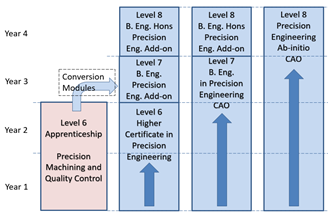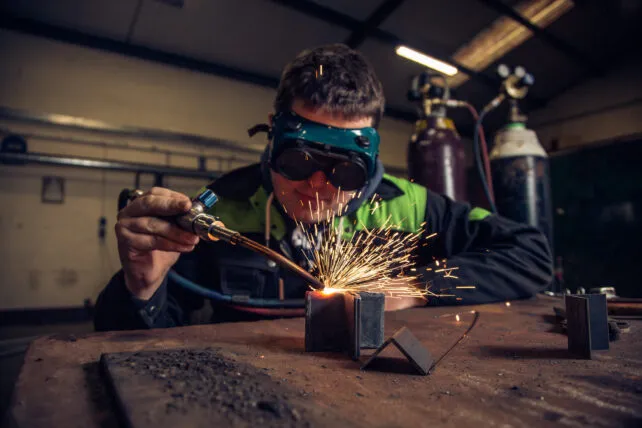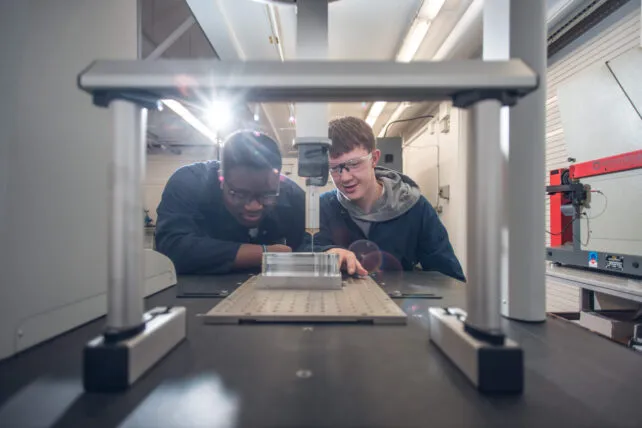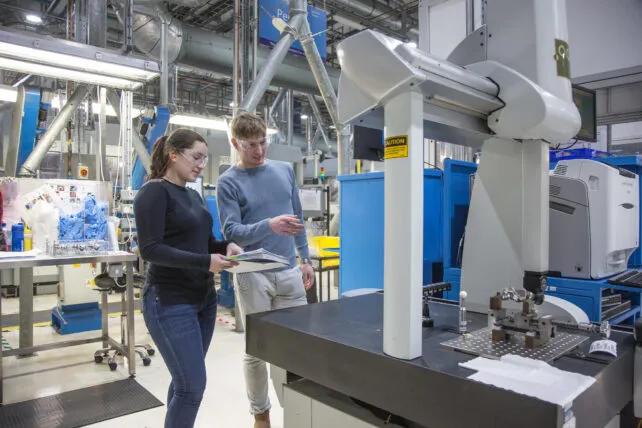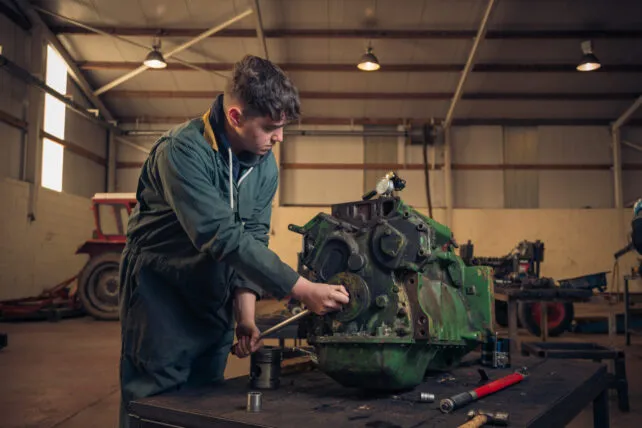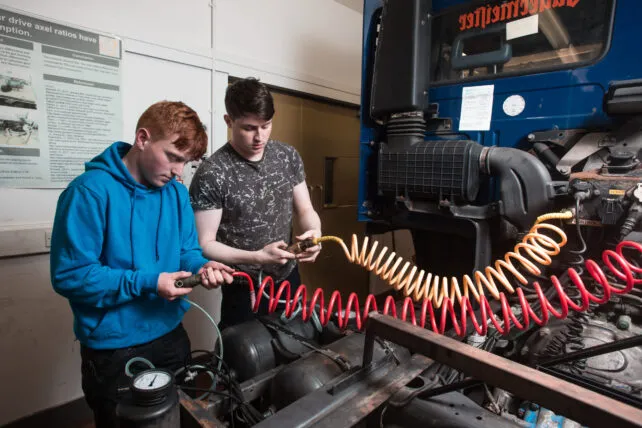This module introduces the learner to advanced six sigma tools appropriate for the precision machining industry and other regulated industries such as medical device and aerospace manufacturing. The statistical aspect of the module uses techniques for analysing multiple production systems with the aim of identifying sources of error and variation. They are also used for identifying critical underlying factors and how they interact with other variables in the system. This will enable the learner to develop process optimization plans using design of experiments.
On completion of this work the learner will also have gained the knowledge employ methods for maintaining improvements so that they can be sustained over a prolonged period.
Due to the close relationship between the module content and the requirements for the medical device industry, this module introduces the learner to Good Manufacturing Practices (GMP) which are the cornerstone of the process validation system in any regulated manufacturing environment.
The metrology aspect of the module provides the learner with the skills to programme co-ordinate measurement machines (CMMs) for complex geometrical shapes such as hip and knee orthopaedic implants. On completion of this section of the module the learner will have the knowledge to create a part programme for the inspection of a complex component in accordance with the engineering drawing, interrogate the data collected from the CMM programme and create a customized report to determine if the component has reached the required quality standards.


